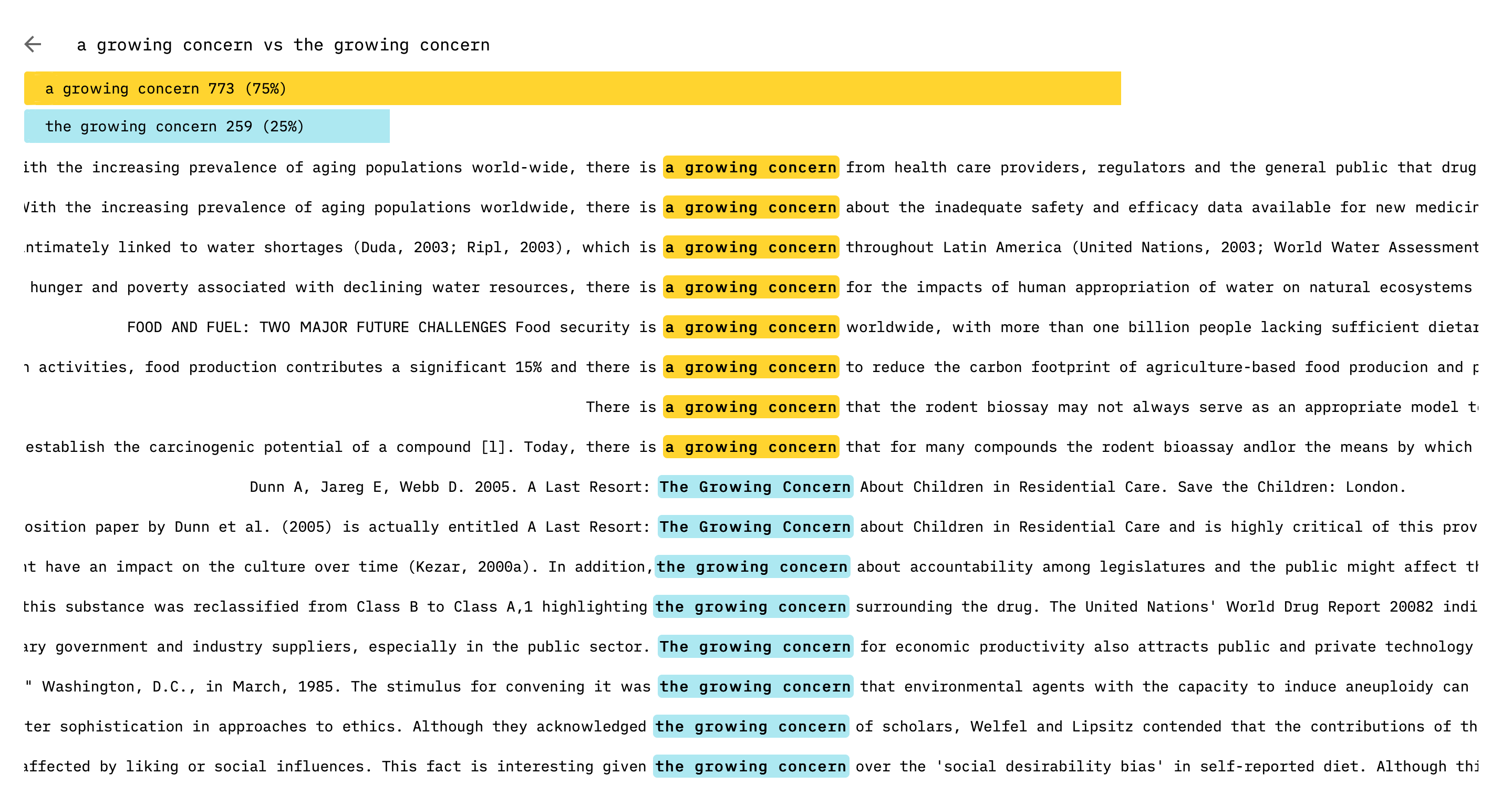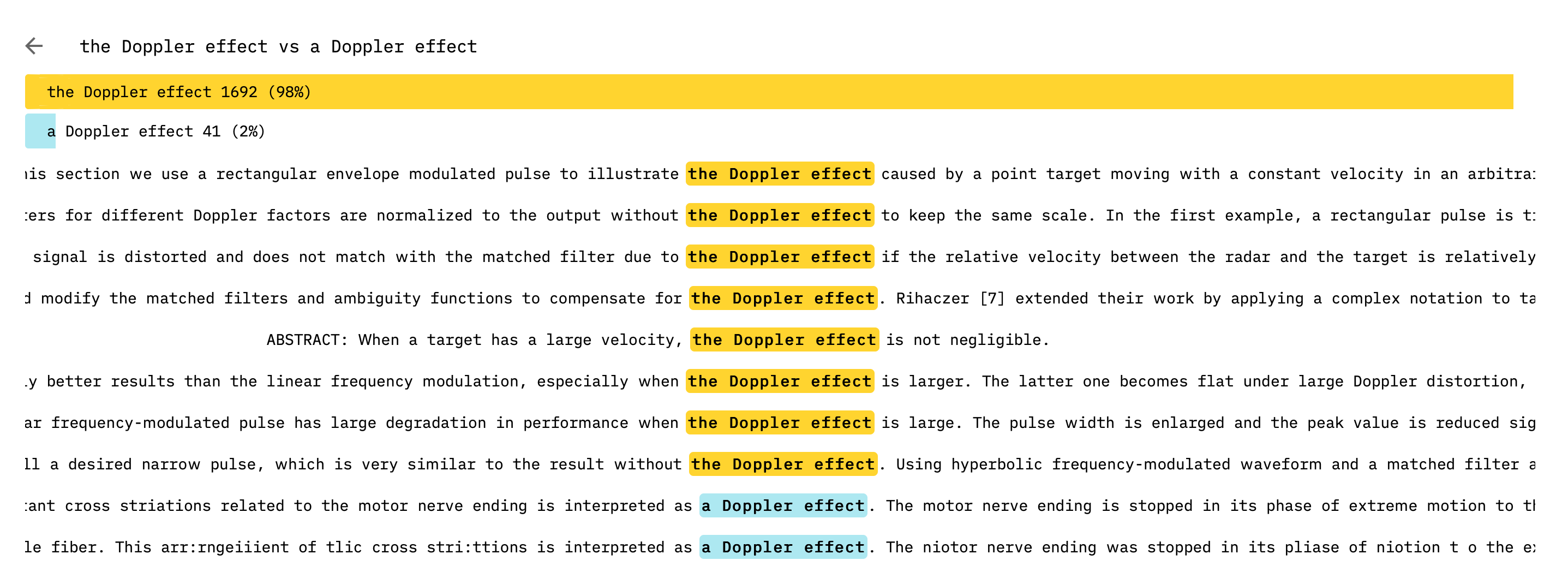English is nowadays the global language of science. Most scientific papers are published in English, even in some countries where English isn’t the first language (L1). But it is common for non-native speakers to make mistakes in their writing, partly because of their L1. So how can Writefull help?
This blog is the second in a series on the topic of common ESL errors in academic writing, and looks at errors in the use of articles.
Articles in English vs in other languages
Even to the most proficient English speaker, using articles correctly can be a challenge. When should you use them? And which one should you use: definite (the) or indefinite (a, an)? In theory, the definite article should be used when referring to a specific entity, and the indefinite when referring to something unspecific. But how do you know which is which?
Although many languages use articles, some don’t use articles at all (for example Chinese, Japanese, Baltic languages, and most of Slavic languages). For languages that do use articles, the rules for using them (and the choice of one over the other) may be different from English. Consider the following comparisons with French:
English/L1 agreement (both use an article)
The data is inconclusive.
Les données ne sont pas concluantes.
English/L1 disagreement (only French uses an article)
Regression analysis is a statistical method.
L’analyse de régression est une méthode statistique.
An advantage of English over other languages is that articles are neutral, rather than gender-sensitive (e.g. le or la in French, las and los in Spanish) or case-sensitive (der, den, or dem in German). Mastering them is thus more straightforward - some good news, at least!
How Writefull helps
Having processed millions of academic texts, Writefull has encountered countless instances of correct uses of articles in sentences. As a result, it will spot article misuse in your own text, and highlight it.
Depending on your L1, you may be more inclined to omit articles, add them when not needed, or choose the wrong one. Writefull will help with all three cases. In the examples below, Writefull not only suggests the inclusion of an article, but also the one that is appropriate in the context of the sentence (definite or indefinite).


If you are not sure which article to use in a given phrase, you can run a comparison in the Language Search. Enter your phrase in its two article variants separated by ‘vs’ and see example sentences of their respective use in context.

In the above example, Writefull shows that the indefinite article is used three times more often than the definite article in the phrase ‘growing concern’ in academic texts. Interestingly, we can also see that the use of the indefinite article is particularly frequent as part of the fixed expression: ‘there is a growing concern’.
Broader context is key
When it comes to deciding which article to use, the answer may be found within your text. Is your sentence introducing a new concept, or referring to something you have mentioned before in your text or paragraph? Notice the use of the indefinite article in the first sentence below, and definite in the last:
‘A new low-rate interest phenomenon has started to emerge. Interest rates in both advanced and emerging economies are conditioned by global benchmarks. The low-rate interest phenomenon is partly resulting from the pandemic.’
If you are referring to a well-known concept in your field of study (or in general), you may use the definite article regardless. For example, the famous wave principle called Doppler effect is almost exclusively used with a definite article in our scientific database.

In yet other instances, there is no clear logic or pattern as to which article should be used. Writefull will also tell you this, either by not offering alternative suggestions for your sentence, or by showing you undifferentiated usage in the Language Search.
Want to see more?
Go to https://writefull.com/researchers.html and install our Writefull for Word add-in. Then check out suggestions for your text and our Language Search!
About the author
Mélodie is an Applied Linguist at Writefull.

